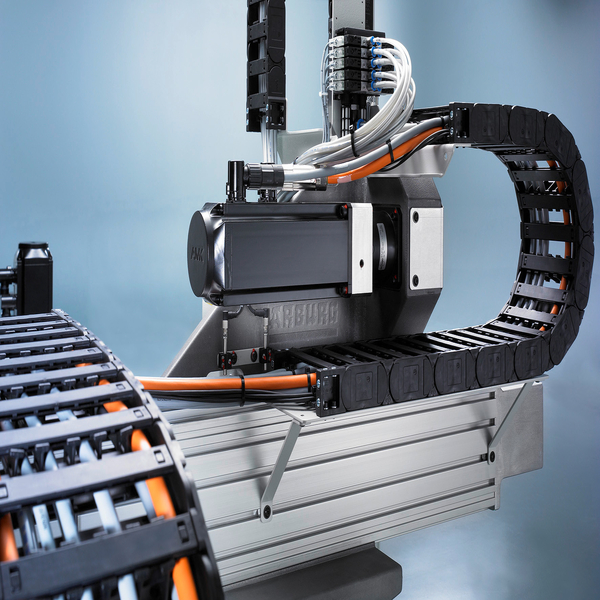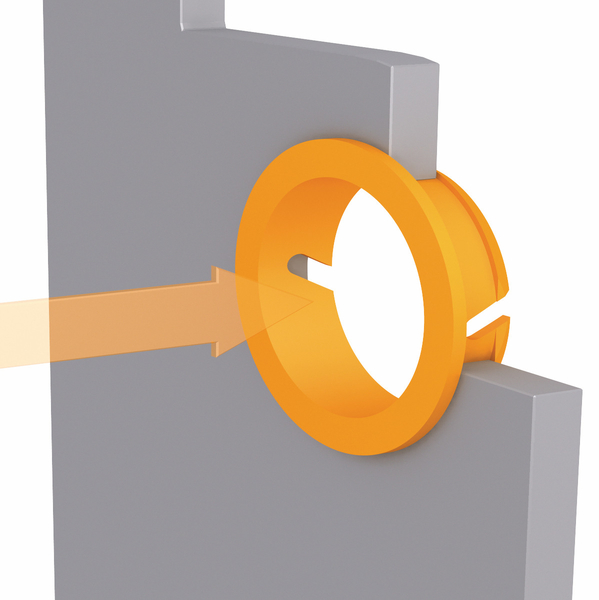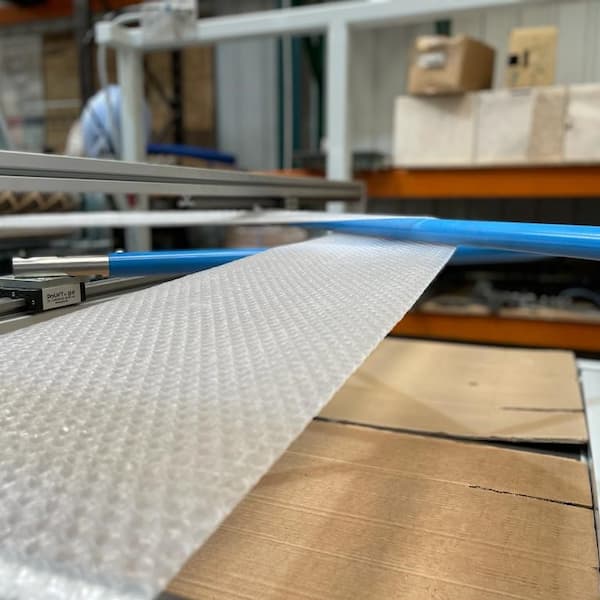How are plastic gears made?
How are plastic gears made? Gears literally drive the world! No pun intended. It is true!
This blog is looking at the different forms of manufacturing that igus® now offer for gear production:
igus® now offers these different forms of manufacture to open more avenues and applications into incorporating polymer gears. I shall look at each manufacturing method, give some key points to each.
How are plastic gears made? Injection-moulded gears
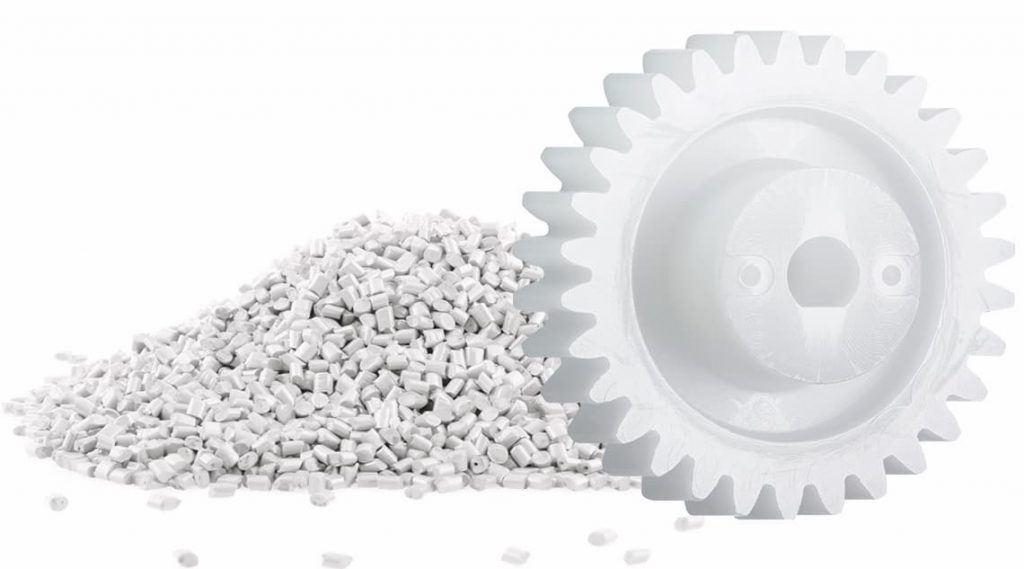
Injection moulding is the newest method of manufacturing gears at igus®. Using the iglidur® properties of our materials opens more doors.
We have standard dimensions available in a variety of designs. Using iglidur® materials means that the gears will have low coefficient of friction and are wear resistant. These are all key requirements for gears!!
By injection moulding the gears, which is our expertise, we can offer high-volume production parts at low costs.
If you require prototypes for a concept idea and perhaps the requirements are outside the parameters of the standard dimensions, we have other options….
Have more questions similar to how are plastic gears made? Read our frequently asked questions here
Mechanically manufactured gears
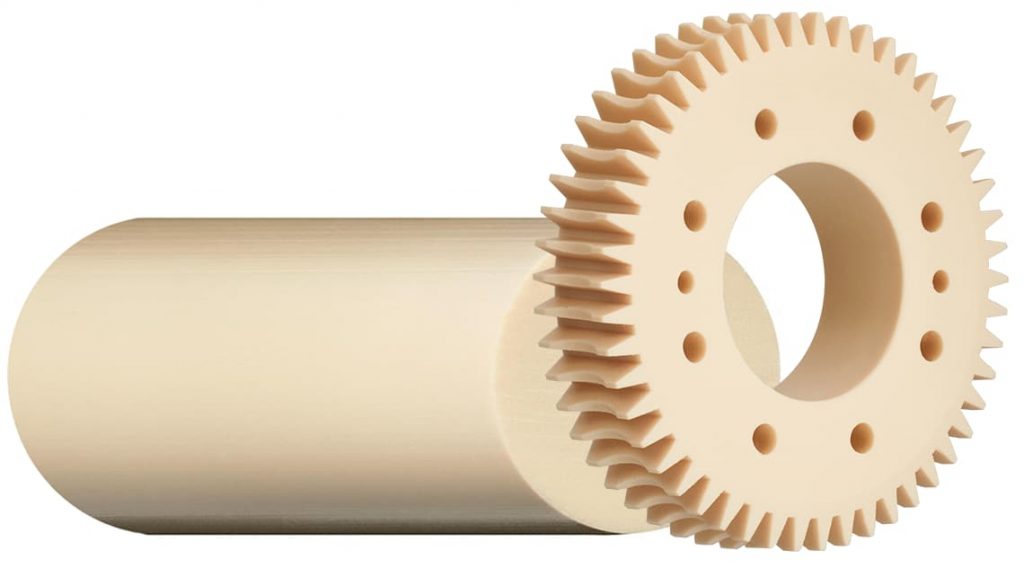
By machining our iglidur® plastic rod, we have the option of manufacturing bespoke gears. Machining stock material is economically efficient for small to medium-sized quantities. Furthermore, we cater for environments, such as the food & packaging, automotive and labelling can be catered for.
3D printed gears
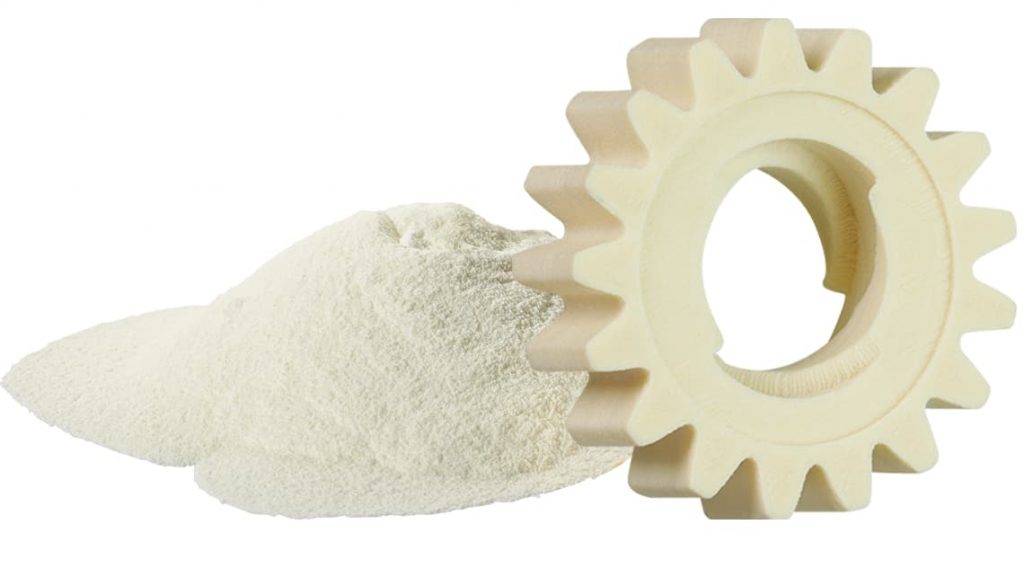
3D printing is quick, durable, adaptable and easy! With no minimum order and a turnaround of approx. 3-4 working days these are ideal for prototypes. Or even production volumes. As with many of our products, we offer a CAD configurator. This can be found on the website. You can simply drag and drop the CAD into the website for an instant price. As with all igus® materials, the 3D printing materials have excellent wear properties. Often proving to outperform more traditional materials within gear manufacture.
Having a range of options for producing these polymer gears, allows us to cater for everyone’s needs. With years of knowledge and thousands of hours of research in the test laboratory, polymer gears are fast becoming a standard igus® product for our customers. In conclusion, there is uncertainty around the concept of a “plastic gear”. This however given time this will fade. Technology is moving rapidly, are you willing to be left behind? Or are you going to consider plastic gears?

